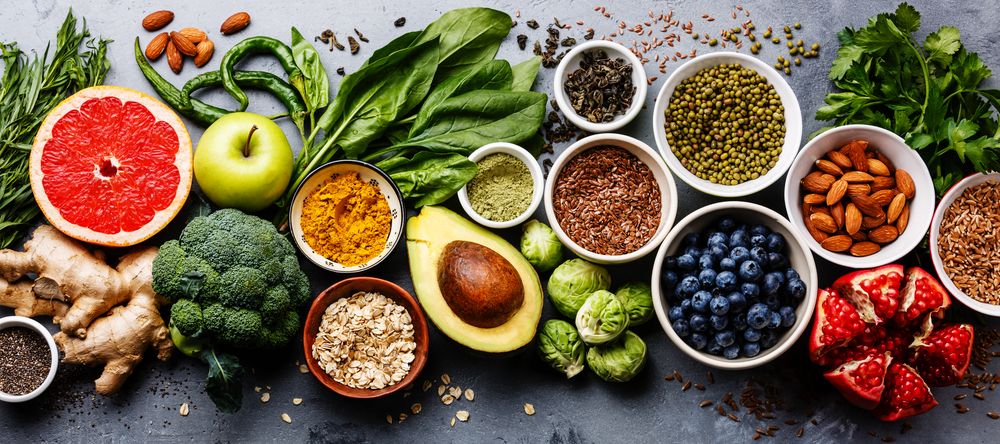Let's acknowledge the inevitable changes that occur in our brains as we age. Aging often brings about a degree of cognitive decline, which is a normal part of the aging process. However, beyond this natural decline, some individuals may face more severe cognitive changes and develop neurodegenerative conditions like dementia or Alzheimer's disease. While various factors influence cognitive health in later years, paying attention to your diet and consuming brain-boosting foods is a practical approach to slowing down cognitive decline and reducing the risk of disease.
Now, let's delve into how aging affects the brain. With age, the brain naturally undergoes a reduction in size, blood flow to the brain may decrease, and inflammation may become more prevalent—factors that can have a significant impact on cognitive health. In fact, statistics indicate that about two-thirds of Americans, with an average age of 70, will encounter some form of cognitive decline.
If you're currently in your 50s, you might look at these statistics and believe that you still have ample time to adopt a 'healthy eating' approach. However, the present moment is an ideal opportunity to establish brain-boosting habits and cultivate a dietary plan that can make a difference.
Lauren Manaker, MS, RDN, emphasizes the importance of maintaining brain health beyond the age of 50, recognizing it as a natural part of the aging process. She states, "Incorporating regular physical exercise, embracing a diet rich in essential nutrients, and engaging in mentally stimulating activities are all effective strategies."
Regarding a brain-healthy diet for those over 50, Manaker underscores, "A diet that includes an abundance of fruits, vegetables, lean proteins, and healthy fats delivers essential nutrients crucial for optimal brain health."
Keep reading to discover specific brain-boosting foods for individuals aged 50 and above. Research indicates that these foods possess the potential to enhance cognition and promote brain health, with some even showing promise in preventing conditions like Alzheimer's or dementia.
1) Oranges

Whether you're enjoying a few orange slices or sipping on a glass of orange juice, you're providing your brain with a dose of valuable nutrients.
Lauren Manaker highlights the broader health advantages of oranges, especially concerning brain health. She notes, "Oranges go beyond their significant vitamin C content, particularly in the context of brain health. Oranges and orange juice are abundant in flavonoids, which have been linked to inflammation reduction and the restoration of cellular function within the brain."
Furthermore, Manaker points out, "Oranges also supply folate, which can potentially influence brain function.
2) Salmon

Salmon is a source of omega-3 fatty acids, a type of polyunsaturated fatty acid associated with various health benefits, particularly improved brain health and cognitive function.
According to a report published in the journal Cureus, omega-3s have been shown to enhance memory, learning, and overall cognitive well-being.
Moreover, the National Institutes of Health suggests that while further research is needed, some studies have indicated that a higher intake of omega-3-rich foods may potentially reduce the risk of Alzheimer's disease.
In addition to its omega-3 content, salmon is also rich in vitamin D, a nutrient that can positively impact cognition and brain health. Another report in Cureus discusses how vitamin D can assist older adults in maintaining regular cognitive function and highlights a possible connection between vitamin D deficiency and the onset of dementia.
3) Eggs

Eggs offer more than just protein; they are also among the richest sources of choline available. The recommended daily intake for choline falls between 425 and 550 milligrams, and a single egg provides 169 milligrams. But what exactly is choline, and how does it relate to brain health?
According to the National Institute of Health, choline is essential for regulating mood and memory function in the body. A study published in Behavioral Neurology in 2021 found that increased dietary choline intake reduced the risk of "low cognitive function" in older adults.
A very recent report from Frontiers in Aging Neuroscience reinforces the potential of choline to delay cognitive decline in elderly populations. Additionally, a study from 2023 in Lipids in Health and Disease discovered that individuals aged 60 and above who obtained choline primarily from egg yolks experienced enhanced "verbal memory," a crucial aspect of cognitive function.
4) Pomegranate
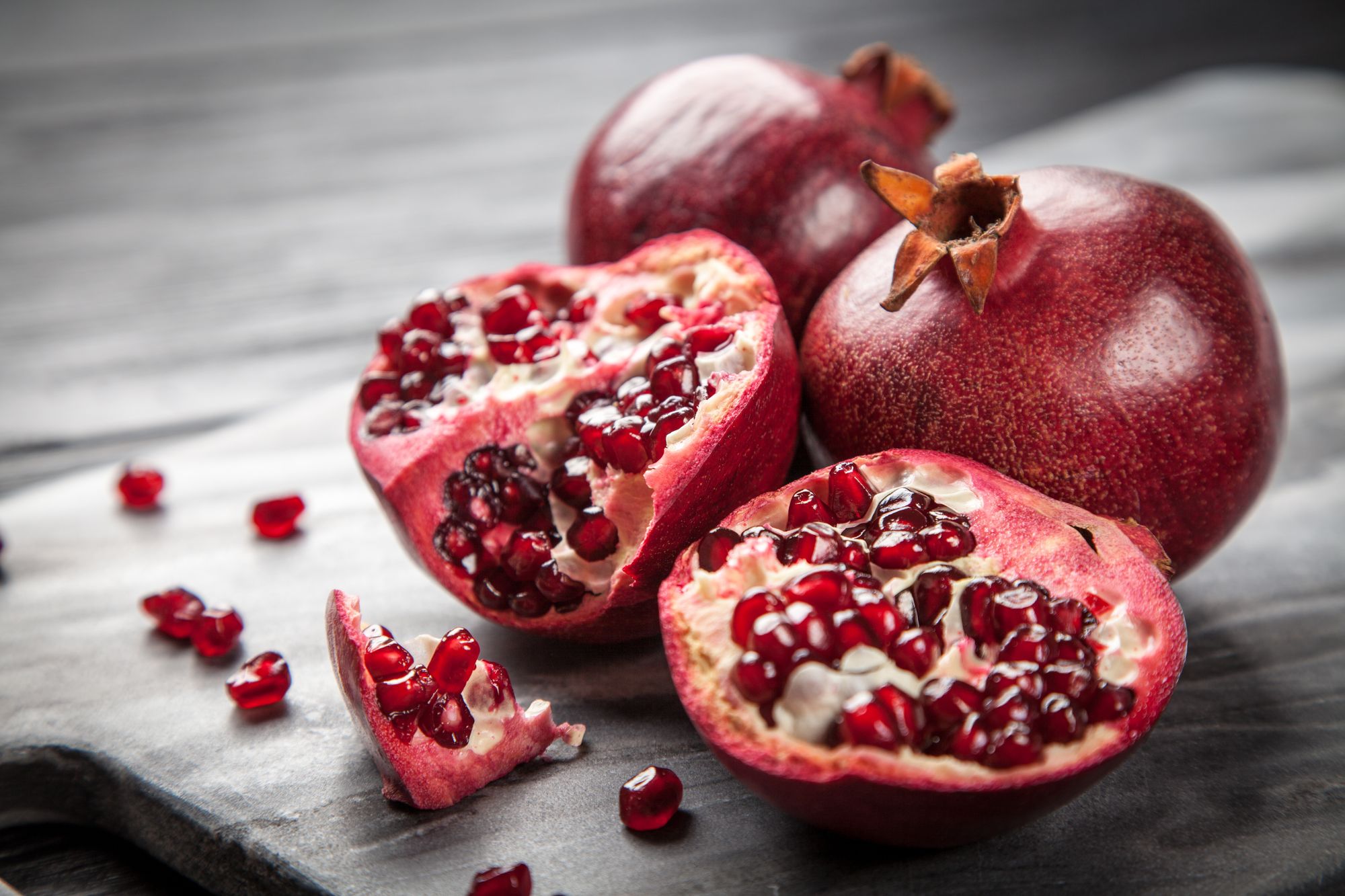
To give your brain an extra boost, consider adding pomegranates to your daily routine, often referred to as the 'jewel of winter,' and recognized for its substantial potential in promoting brain health, according to Lauren Manaker.
Pomegranates offer several qualities that contribute to their benefits for the aging brain. As Manaker explains, "This delectable fruit is rich in potent antioxidants known as polyphenols, which are believed to provide neuroprotective effects." These polyphenol antioxidants play a vital role in countering oxidative stress, a significant contributor to neurodegenerative conditions such as Alzheimer's and Parkinson's disease.
In addition to polyphenols, pomegranates contain a compound called punicalagin, which is thought to slow the progression of Alzheimer's disease and enhance memory, as per Manaker.
Lastly, Manaker highlights that "pomegranates serve as a valuable source of dietary nitrates, known to enhance blood flow to the brain and improve cognitive function." Although some previous research has indicated a connection between nitrates and brain function, a recent report published in Current Opinion in Clinical Nutrition and Metabolic Care suggests that longer-term studies are required before recommending it as a treatment.
5) Blueberries
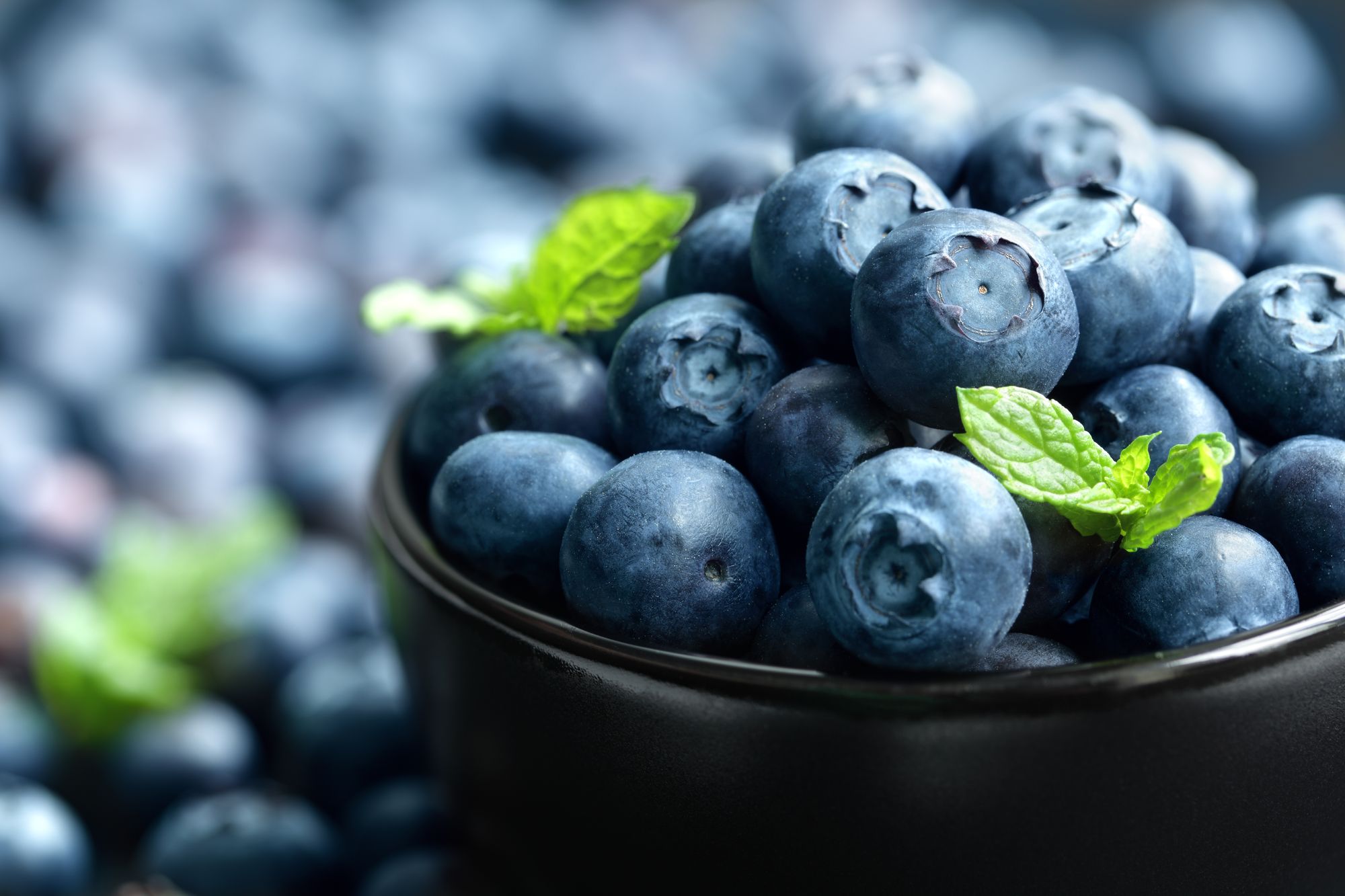
Blueberries have risen to prominence as one of the most advantageous foods for brain health," remarks Lauren Manaker. She continues, "These vibrant berries are teeming with antioxidants, compounds that shield the brain from oxidative stress and inflammation. This protective effect potentially slows down brain aging and enhances its communication functions."
Manaker further notes that "blueberries boast a high content of flavonoids, particularly anthocyanins, which have been demonstrated to enhance memory, cognitive abilities, and motor skills."
Additionally, a recent study featured in the American Journal of Clinical Nutrition revealed that individuals who incorporated daily servings of wild blueberry powder into their diet experienced improvements in memory and quicker cognitive reaction times.
6) Turmeric

Indulge in a golden latte and savor the brain-enhancing advantages it brings. Numerous animal studies have indicated that curcumin, the primary active component in turmeric, might possess the ability to safeguard against the onset of Alzheimer's disease. Furthermore, a particular study revealed that curcumin may have a positive impact on diminishing amyloid plaque formation, a cluster of proteins associated with Alzheimer's development.
Additional research has also highlighted curcumin's potential in combating oxidative stress and inflammation associated with age-related cognitive deterioration, underscoring its usefulness in enhancing brain health as you grow older.
7) Broccoli
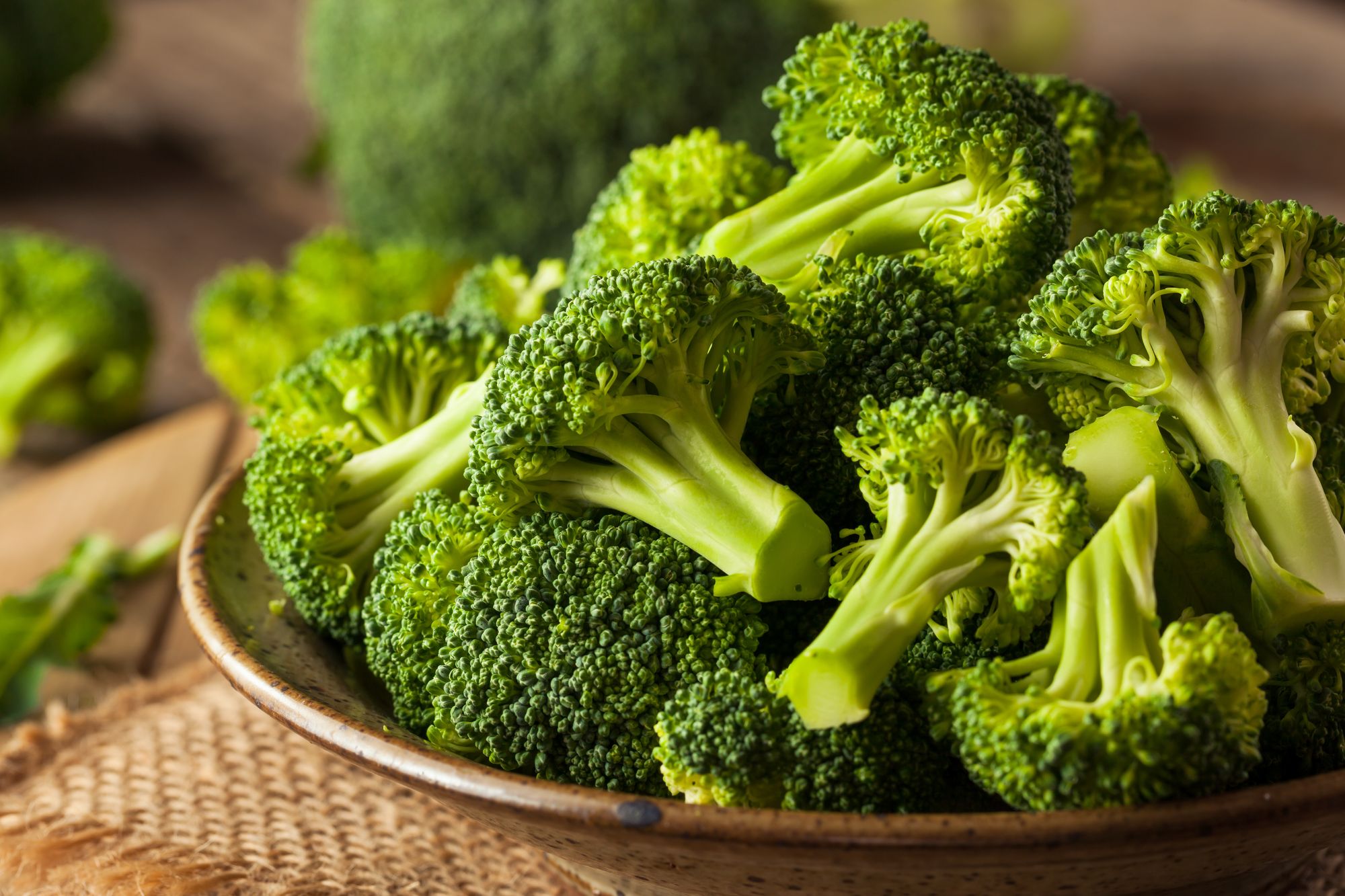
Broccoli offers a multitude of health benefits, and one lesser-known advantage is its rich vitamin K content, which is directly associated with enhanced brain health.
A study conducted in 2020 observed a positive connection between vitamin K intake and cognitive function among elderly participants aged 75 to 92.
In addition, research from the Alzheimer's Association revealed that higher vitamin K consumption was linked to a decelerating rate of age-related cognitive decline.
But that's not all; broccoli is also packed with sulforaphane, a compound abundant in cruciferous vegetables such as cauliflower, Bok choy, and broccoli, known for its brain-boosting potential.
A 2019 study featured in Brain Circulation indicated that sulforaphane may combat inflammation and possess neuroprotective properties. Another study demonstrated its capacity to enhance cognitive function in individuals with frontal brain damage.
8) Leafy Greens
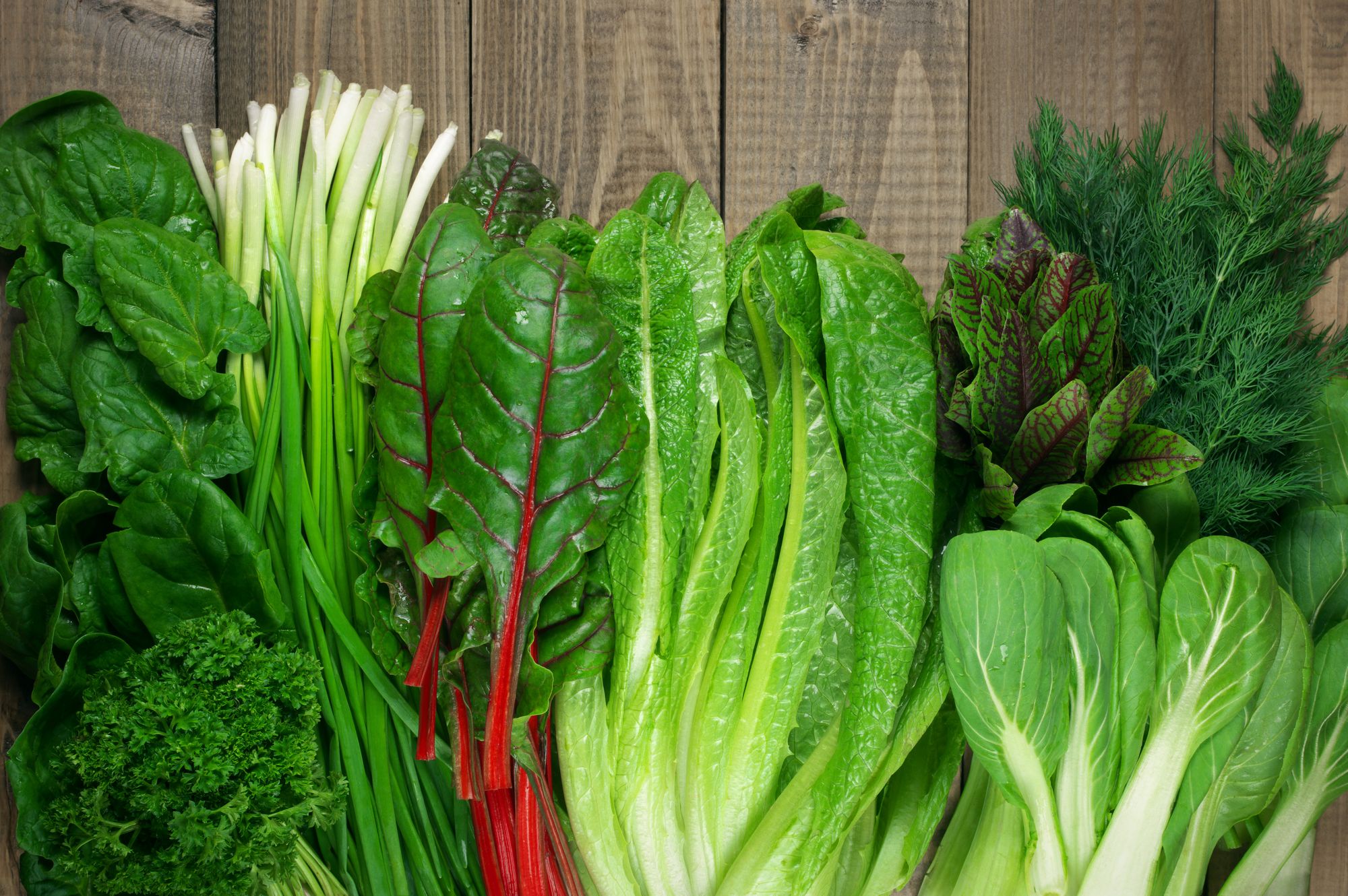
Kale, spinach, arugula, and Bok choy fall into the category of "leafy greens," and these vegetables are renowned for their diverse array of nutrients, some of which can potentially enhance brain health.
Harvard Health highlights that leafy greens are rich sources of folate, vitamin K, lutein, and beta-carotene, all of which have been associated with decelerating the pace of cognitive decline. In fact, a study published in Neurology discovered that the inclusion of just one serving of leafy greens in your daily diet was linked to a reduction in age-related cognitive decline.
9) Sardines

If you're finding canned tuna to be a bit uninspiring and are seeking a fish option that's more flavorful and less dry, making the switch to canned sardines can be an excellent decision.
Canned sardines not only offer a rich supply of beneficial omega-3 fatty acids, which have demonstrated a positive association with enhanced brain health, particularly in middle-aged adults, but they also provide 48% of your daily vitamin D requirement. This additional nutrient can further contribute to the enhancement of cognitive function as you age.
10) Walnuts
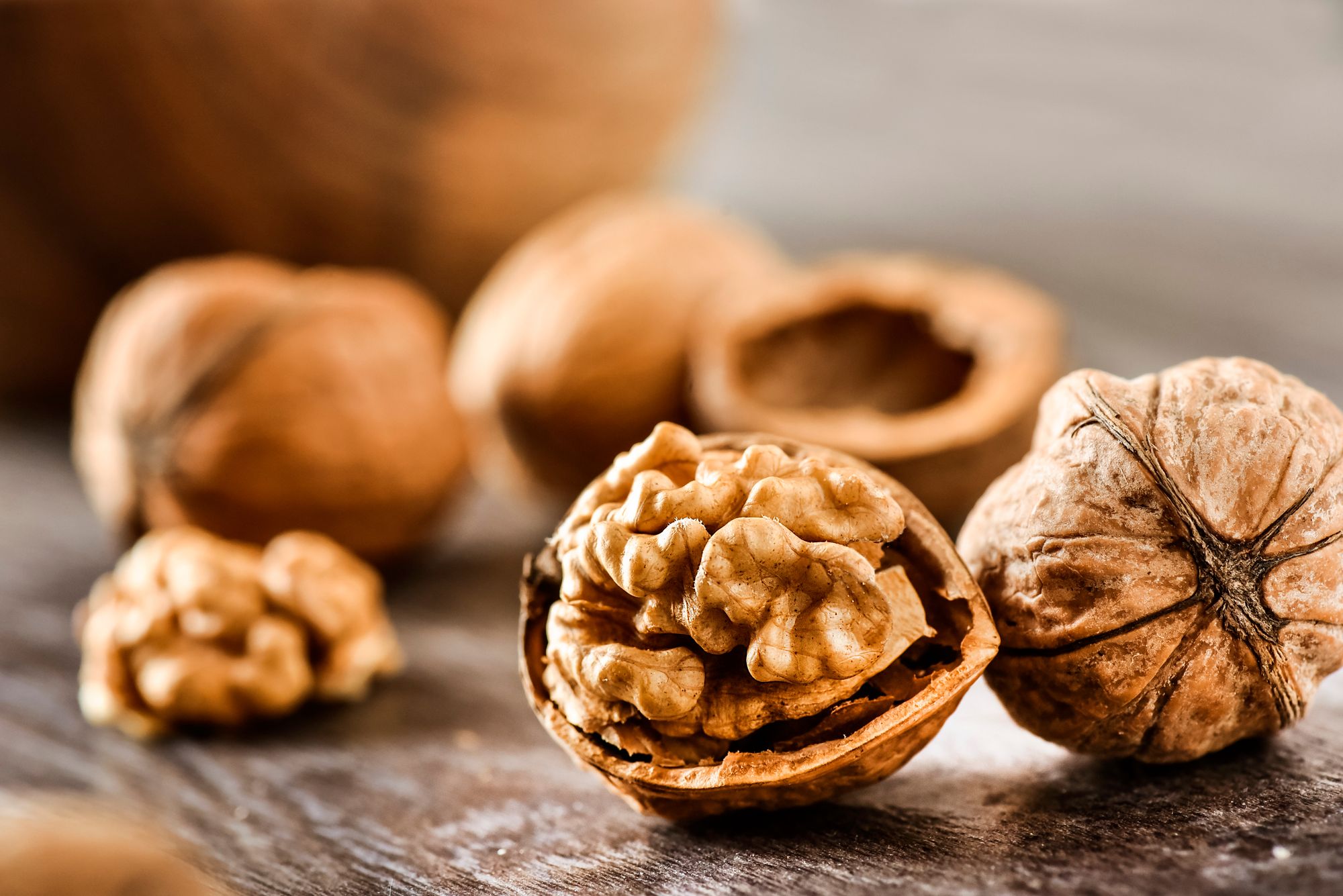
Walnuts earn a place on the roster of brain-boosting foods; as Lauren Manaker explains, "The nutrients in walnuts, including polyphenols, may have a significant role in supporting cognitive health." She further emphasizes that scientific research indicates that incorporating walnuts into a balanced diet may contribute to the preservation and enhancement of cognitive health as individuals age.
To delve deeper, a report from The Journal of Nutrition underscores the antioxidative properties of walnuts, which can aid in shielding against the oxidative stress and inflammation commonly observed in older adults. Additionally, the presence of beneficial fatty acids in walnuts can offer advantages to the aging brain.
Manaker also highlights the heart-healthy benefits of walnuts, which are inherently intertwined with brain health. She notes, "Heart health plays a vital role in brain health because the heart is responsible for pumping blood to the brain to facilitate proper function." Walnuts are recognized as a heart-healthy food, with research supporting their potential to positively influence various factors related to heart health, including cholesterol levels, blood pressure, inflammation, and plaque formation.
So, for the sake of both a healthier heart and brain, grab a handful of walnuts today.

